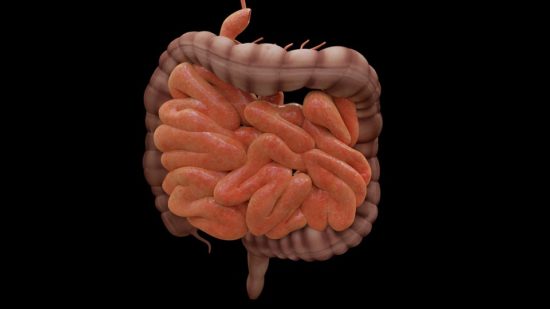Invasive properties of bacterial pathogens can boost plasmid spread in the gut
Plasmids can encode antibiotic resistance genes. In a recent paper in eLife, Erik Bakkeren, Wolf-Dietrich Hardt, and colleagues (IMB) show that the gut pathogen Salmonella Typhimurium can collect plasmids from other gut bacteria and store them in tissues, creating a plasmid “record” within hosts.
Antibiotic resistance is a threat. Through conjugation, resistance plasmids can spread rapidly. Salmonella enterica serovar Typhimurium (S.Tm) is a gut pathogen that can invade and hide within gut tissues for long times. Previous work established that these “persisters” can store resistance plasmids and promote their spread. However, how such tissue-lodged reservoirs of plasmid-bearing cells are formed had remained unclear.
AMR NEWS
Your Biweekly Source for Global AMR Insights!
Stay informed with the essential newsletter that brings together all the latest One Health news on antimicrobial resistance. Delivered straight to your inbox every two weeks, AMR NEWS provides a curated selection of international insights, key publications, and the latest updates in the fight against AMR.
Don’t miss out on staying ahead in the global AMR movement—subscribe now!







